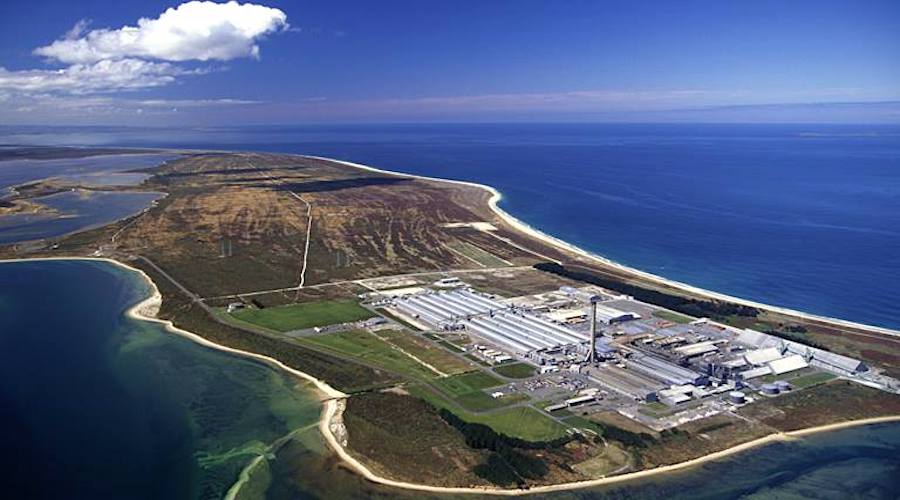
The decision has been widely criticized by politicians and local power firms, as it would leave more than 1,000 people unemployed. NZAS is also the country’s top electricity consumer, using roughly 13% of the nation’s power supply.
Today’s announcement delays the likely closure of the smelter, at the bottom of the South Island, by at least three years.
Rio noted that talks with the government to address the smelter’s high transmission costs were ongoing.
“The extension provides certainty to employees, the local community and customers while providing more time for all stakeholders to plan for the future,” it said in the statement.
Ongoing talks
Energy Minister Megan Woods and Finance Minister Grant Robertson welcomed the news, but gave no details about the status of the ongoing talks over cutting Rio Tinto’s transmission charges, which would come in return for a plan to remediate the site when the smelter closes.
“Today’s news is particularly welcome given the economic uncertainty created by the global covid-19 pandemic,” Robertson said in a separate statement.
“[But] Understanding the extent of the environmental impact of the smelter and removal of toxic waste from this site remain a bottom line for the government,” he noted.
The facility, a joint venture between Rio Tinto and Japan’s Sumitomo Chemical, processes alumina from refineries in Queensland and Western Australia, exporting 90% of its output.




